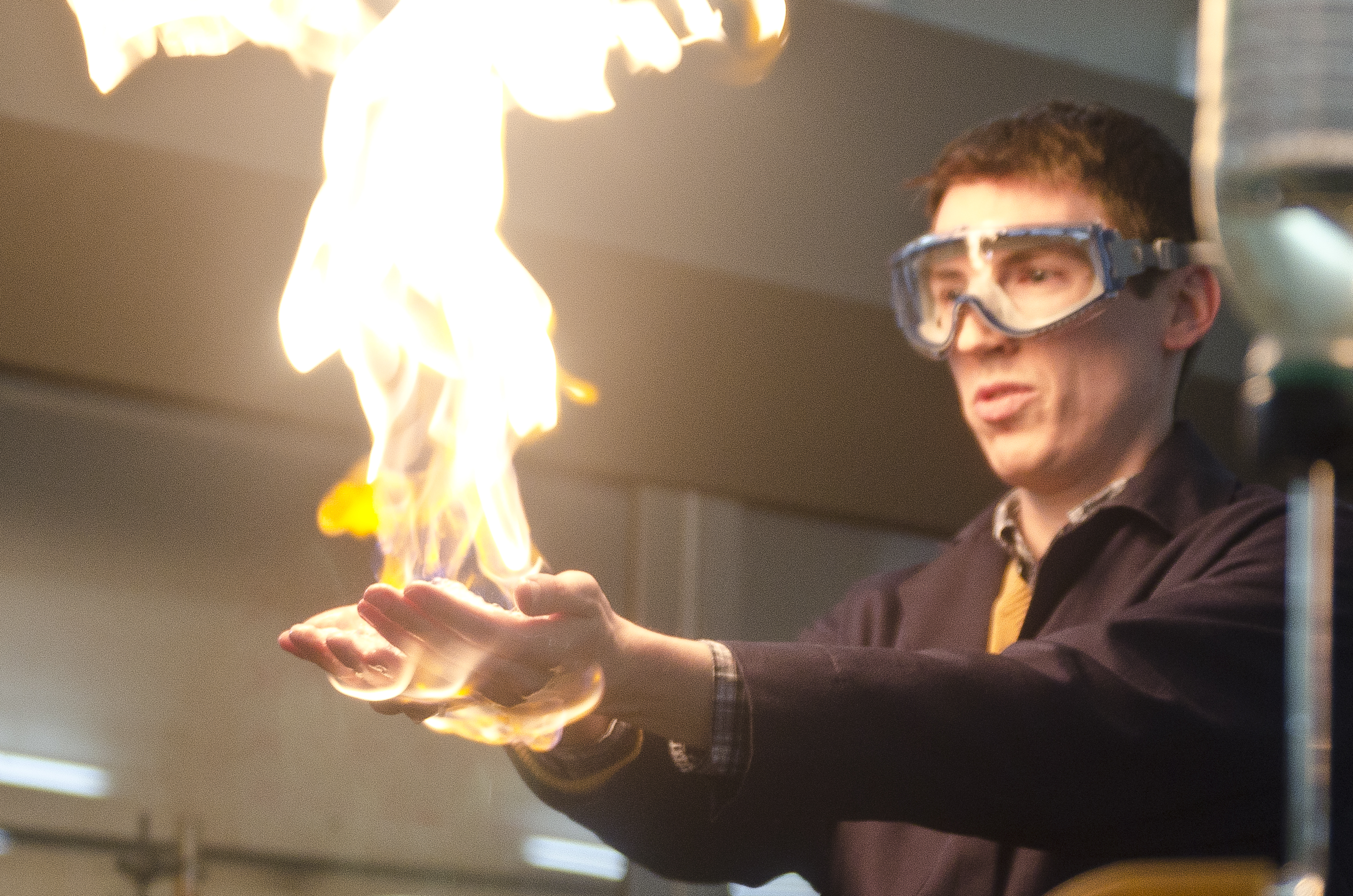This article contains sensitive topics and images.
After talking to a PLU student who had gotten a staph infection at the Names Fitness Center (NFC), a group of biology students was inspired to test the effectiveness of the disinfectant provided at the facility during Fall of 2024. The group from Biology 342 class found pathogenic Staphylococcus aureus (staph or S. aureus) before and after using the disinfectant. Sharon Kimotho, a senior majoring in biology and pre-medical student, was part of the group testing the Names Fitness Center.
Kimotho said, “We waited until someone had recently used the bench for the initial swab and then we sprayed everything down and swabbed again.” The group simulated the way most people clean their equipment and immediately wiped the bench down after spraying disinfectant. Staph was found on a bench in the fitness center both before and after it had been sprayed and wiped. It is common that disinfectant bottles are not filled. Kimotho added that “the bottle was basically empty” at the time of use.
S. aureus is a pathogenic strain of bacteria that many people carry on their skin. It doesn’t affect the carrier, however pathogenic staph can become a harmful infection with long term symptoms for people who are not carriers. Professor Teresa Horm, who teaches the microbiology course at PLU, noted that it was concerning to see S. aureus after the use of the disinfectant. Horm completed her doctorate in molecular and cellular biology with a minor in cancer biology and worked in a microbiology research lab for three years as a research assistant at the University of Washington. Horm said in an interview with the Mast, “The cleaner should have killed it. And certainly even if you don’t leave the cleaner on long enough, the wiping should have removed it.”
The presence of S. aureus at the Names Fitness Center is not a new development. A student at PLU contracted a S. aureus infection from the fitness center in November of 2023. The infection began to develop on the student’s back. The student wished to remain anonymous due to the sensitivity of the topic. In an interview the student said, “I was on the bench right before [the infection developed]… the back of my shirt was mesh.” The mesh allowed for direct contact of the student’s back against the bench. The student
wiped down the bench after they had used it and assumed the person who previously used the bench had done the same.
The student was complying with the dress code policy which consists of wearing a shirt at all times, and jeans or pants with exposed metal are not allowed. The Fitness Center Staff reserves the right to judge acceptability at all times. Due to the selective enforcement of the policy it is common to see people wearing clothes that resemble tank tops as well as jeans.
The Names Fitness Center does not have an official policy for students wiping down equipment before or after use. Zack Losack, the Strength & Conditioning Coach
and Fitness Center Coordinator at the Names Fitness Center, said, “I would recommend that if you use a piece of equipment that you wipe it down after.” The infection spread from the student’s back to their shoulder, neck, and face. The infection was incredibly painful.
The student said, “All the skin was ripping… the skin that would remain was really thin, filled with pus, and it was really sticky to the touch. It felt like something was constant-
ly burning me and scratching me.” The student went to their primary care provider and the infection was confirmed to be S. aureus and they were given antibiotics. The infection
lasted for a month and a half.
The disinfectant in the Names Fitness Center is DC-33 which is produced by Auto-Chlor System and the company comes to NFC bi-monthly to test and refill the disinfectant. DC-33 is a quaternary ammonium compound (QAC), which is a class of disinfectant.
The DC-33 bottle instructs that hard non-porous surfaces be sprayed and allowed to sit wet for 10 minutes before wiping. There are no instructions for soft surfaces. A large portion of equipment at NFC includes soft surfaces such as the commercial grade vinyl on a bench
and yoga mats. In a paper published in 2019 from the Journal of Global Antimicrobial Resistance, it was found that 30% of S. aureus isolates had resistance to QAC disinfec-
tants. However, according to a study published in the Microorganisms Journal, S.aureus strains are less likely to have resistance to chlorine containing disinfectants such as
bleach. NFC does not use chlorine based disinfectants.
NFC uses microfiber cloths instead of disposable paper towels. Reusable cloths are more likely to harbor bacteria. Horm surmised that the cloths should be cleaned between each use, or a new one should be used. She added, “Otherwise they could just be spreading the bacteria from machine to machine.”
The Names Fitness Center has several factors that increase the likelihood of contracting staph at the facility. The disinfectant is ineffective against some S.aureus strains. The microfiber cloths, unless cleaned and changed in between use may, spread bacteria. The dress code is rarely enforced.
The Mast encourages students to always use cleaning supplies at the front desk even if it’s an additional five-minute walk. Following the dress code and learning how to clean the workout area will help to keep you and those around you safe.


















